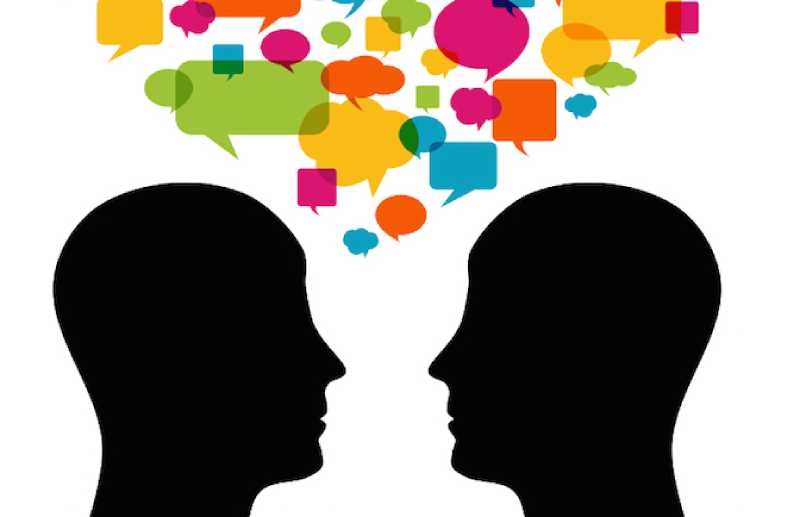The necessity of intellectual virtue
Intellectual openness, which must be an integral part of our education, is missing in today's world of democratised knowledge
The acquisition of knowledge is no longer the preserve of a few. The need for widespread literacy in modern societies as well as the development of public spheres has meant that the acquisition and communication of knowledge, including the understanding of radically different people and cultures, has to be democratised. Gathering knowledge through reading and writing and exchanging ideas is a general human need in contemporary societies. In the past, those trained to acquire, preserve, nourish and transmit knowledge had to go through rigorous protocols. They had to learn the norms of knowledge formation: proper ways of collecting and assessing evidence; drawing sound inferences from data; formulating concepts and frameworks of explanation; cultivating empathetic understanding. It is true that some forms of knowledge gathering and transmission which were normal earlier make us uncomfortable today.
The elites spoke primarily to themselves, wrote for themselves, stealthily guarded the knowledge they ‘owned’, did not allow public dissemination, and even punished anyone from outside the circle who tried to procure it. Yet, the crucial point here is the existence of fairly rigorous norms of knowledge acquisition in the past, as also an ethic of reading, writing, speaking, listening, and sharing knowledge. Great emphasis was put on intellectual virtues, and punitive measures were put in place to check corresponding intellectual vices. It seems to me that in the contemporary world of democratised knowledge acquisition, insufficient attention is paid to intellectual norms and virtues.
What norms must exist for all those who participate in the ‘life of the mind’? What virtues must be cultivated today and what vices must be avoided? There are many, but here I focus on just one: intellectual openness. It must surely be an integral part of our education, nurtured early in our childhood and ingrained so firmly that it remains with us as long as we are intellectually active. But what is this quality of openness? Suppose a newspaper claims that a country’s economy is growing at 10 per cent, it is incumbent upon me, the reader, with no particular beliefs of my own on this matter, to check if this is true. Not much research is needed. Relevant facts — some supporting and others challenging the claim — are available on the Internet. And if that information proves indecisive, it is easily obtainable from other reliable sources. Anyhow, the least I can do is not rush to believe or disbelieve this factual claim, to delay judgment.
I must eschew intellectual impatience or recklessness and keep my mind open. Thus, one important feature of being open-minded is to refrain from making hasty or premature judgments. This intellectual virtue of hearing both sides, to be persuaded only by better evidence and argument, should be cultivated through education. Exercising intellectual caution and not getting easily swayed by hyperbole is an integral part of intellectual life. Sadly, this elementary virtue is neglected or forgotten today. Why else would rumours and fake news be as rampant and successful? Second, let’s suppose that I am convinced that talk of global warming is humbug, that those pointing to its rising dangers are indulging in motivated, mischievous exaggeration. Let’s further suppose that I am presented with fairly strong evidence that, unlike previous ages when climate change was caused mainly by changes in the output of the sun, the current phase is largely man-made, caused rapidly by human burning of fossil fuels, deforestation and synthetic substances such as chlorofluorocarbons. Here, the evidence provided challenges my strong belief. But I disregard it and hold on to my belief firmly. Isn’t this a sign of close-mindedness?
The intellectual virtue relevant here is to have the courage to temporarily set aside my strong conviction and listen to the opponent’s argument. In this situation of a straightforward conflict of views, to give a fair, impartial hearing to opposing beliefs, arguments and evidence, to be open-minded in another sense, is what I am required to do. A third form of open-mindedness is even more important, crucial for knowledge of other people and cultures. Our habits of reading, listening, seeing and understanding often get locked within a particular intellectual framework, which becomes our default position. It becomes naturalised, something taken for granted. We seem unable to think, read, write without it. For example, in some cognitive frameworks, anything good (a rich man’s wealth) or bad (a poor man’s suffering) that happens to an individual is either a product of his own personal choice or to do with some bad karma in previous life.
No place exists in this framework for any idea of systematic harms caused by one group to another, or by social, cultural and institutional biases built into the system. Such naturalised intellectual frameworks may also be influenced or defined by a particular culture, philosophy, religion or caste. So, Hindus might think about the world with their own very Hindu assumptions and Muslims and Christians with their own. And each finds it difficult to move beyond, to enlarge their respective visions. This is understandable but these frameworks can be the source of many prejudices and, because they are implicit, lying in the background, can generate an invidious form of closed-mindedness. Only those who have opened up their hearts and minds can overcome the limitations of deeply entrenched world views. Alas, this open-endedness is least remembered when it is most needed. No society can survive normlessness in intellectual life. Neglecting intellectual virtues may not cause immediate visible harm but it will spell disaster.
Related Posts

